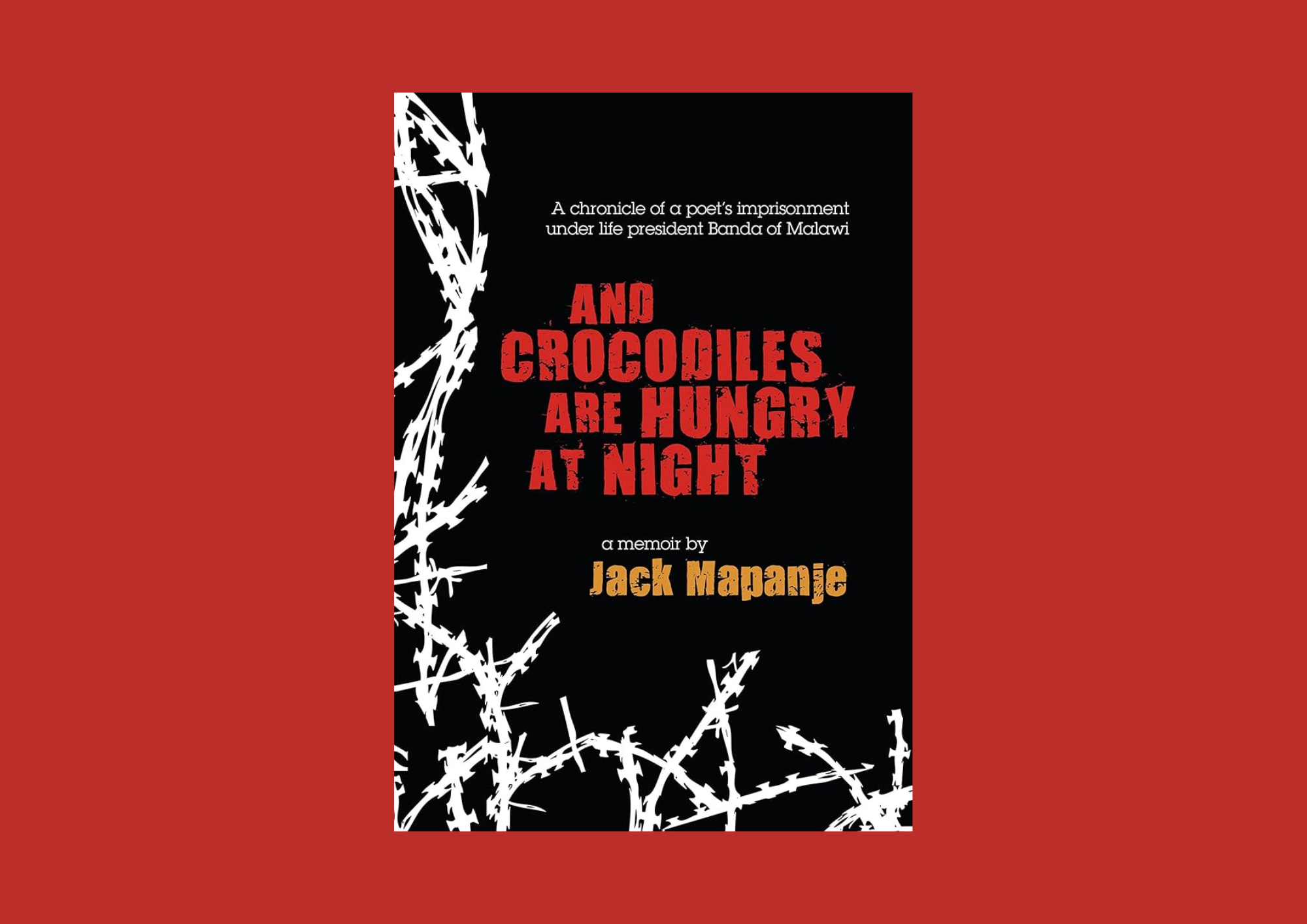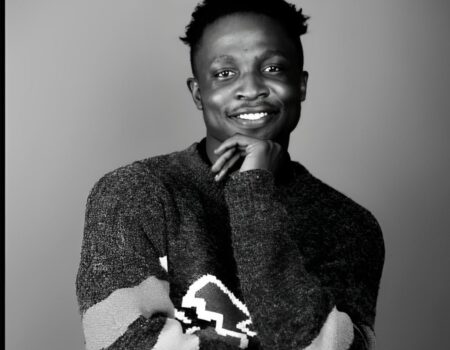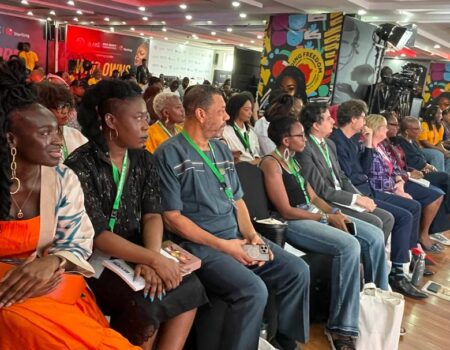A Glimpse of Malawi During the Dictatorship Years
Jack Mapanje is a Malawian academic and poet who was born in Mangochi in southern Malawi in 1944. An academically gifted student, he obtained a PhD in Linguistics from University College London in 1983. He moved back to Malawi and taught at the University of Malawi and was the head of the English department when he was arrested on 25 September 1987. He was incarcerated for three years, seven months, sixteen days and more than twelve hours and was not charged with a crime.
In And Crocodiles are Hungry at Night, Mapanje tries to understand the reason for his incarceration and tries to piece together how his work with the University of Malawi and other organisations both local and international might have put him under the radar of the Hastings Kamuzu Banda-led government. For context, Malawi was a British protectorate before being put into the Federation of Rhodesia and Nyasaland which was dissolved in 1963. Malawi gained independence on 6th July 1964 and was ruled by Hastings Kamuzu Banda, a British trained medical doctor who became the Life president in 1971. In June 1993, a democracy referendum was held which led to the multiparty elections of 1994 and the defeat of Banda.
As a poet, Mapanje had published a book of poetry, Of Chameleons and Gods, while he was a student in London. As he spends his detention at Mikuyu prison with other political prisoners, he wonders if this work of literature is the source of his misfortune despite its apolitical tone. As a Malawian millennial who entered the scene just as Malawi was on the cusp of political change, stories of the Malawi Congress Party (MCP) and its Young Pioneer wing were part of the soundtrack of my childhood. No one could say anything that went against the government, not even a hint of criticism was taken too kindly. You would either become food for the crocodiles of the Shire River or rot away in prison until the day your ancestors remembered you or as with Mapanje, the winds of change that arose with the fall of apartheid.
Malawian history is a very complex subject, Mapanje offers us a glimpse into what life was like under the MCP state. Mapanje was an academician who was dedicated to being a great teacher to his students, ever resourceful even in the face of budget cuts, Mapanje showed a passion and dedication that more than likely contributed to his detention. He was a respected university instructor with contacts all over the world who fought tirelessly for his freedom. As he notes in the memoir, the authorities did not take kindly to people who took the spotlight away from them and the Life president. This I believe is one of the things that has resulted in a culture of timidity among Malawians. In And Crocodiles are Hungry at Night, we meet people who are imprisoned for having thriving businesses, people who travelled to countries known to harbour Malawian political exiles, a surgeon who spoke his mind and the case I found most puzzling of all, a young man who dropped one lover in favour of another. In other words, it was dangerous to be a successful Malawian.
The text is a rich source of southern African history and provides information that is crucial to understanding present day Malawi. As a former British protectorate, Malawi was shaped by the interests of the British. Being a country that is smaller in geographic size compared to its neighbours and not known to have huge deposits of any worthwhile minerals at the time, it was a source of labour for the mines of Rhodesia and South Africa. As a result, many Malawians have ties within the southern Africa region, and this came in handy when one had to escape the authorities. It was quite embarrassing to learn that Malawi was the only country within the southern African region that was allied with apartheid South Africa. The Life president sought the ties of the government of South Africa to aid in the development of the country. This lack of solidarity with the Black cause also provides an insight into the kind of leadership that Malawians were subjected to. They were not free from the colonial master they had fought so hard to escape, they had simply exchanged one for another who looked like them.
The power of religion and its ability to cause conflict even among those united in a cause for freedom is something that should never stop being studied. As Mapanje illustrates in the book, during his time in prison, the Christian prisoners were divided into two camps, those that prayed on Saturday and those that prayed on Sunday. The two groups though united in their cause for freedom were quite divided on who is on the right path to salvation. This division would cause conflict from time to time but was quite effectively managed which showed that despite our differences, human beings have the ability to work together and achieve great things as the political prisoners did. This also illustrates the hypocrisy of dictatorships, one man shows never end well as we have seen over and over again.
Prison changed the course of Jack Mapanje’s life and in his own words derailed his academic career. He is one example of many, throughout my reading of the book, I thought of the many Malawians that were not able to thrive due to the political environment they were subjected to. So many people that were key in the fight for independence were killed or detained for being a threat to the ruling authorities. Political assassinations were the order of the day and there was no country far enough for the authorities. Families were threatened, separated, bombed and driven into exile for simply being brave enough to do the right thing. This also led to significant brain drain as the Malawian environment was not conducive enough for intellectuals to thrive, something that other Africans can identify with when they examine their history, the story is the same all over the continent. The presence of institutions such as the censorship board also contributed to the stifling of the creative industry, something that the Malawian creative industry is still recovering from.
Despite the adversity that he found himself subjected to, prison was also the source of some of Mapanje’s riveting poetry. The Chattering Wagtails of Mikuyu Prison is a collection of poetry that was inspired by his time in detention. Mapanje continues to be a respected academic world over and helped to envision a new direction for Malawi once the era of dictatorship ended, sadly to mixed results. In the end, Malawi still lost as Mapanje went into exile after being released from prison as the country was still not safe enough for him and his family. Clearly, Malawi is still paying for its years of dictatorship.
Linda Mchawi
Linda Mchawi is a writer and editor from Lilongwe, Malawi.





